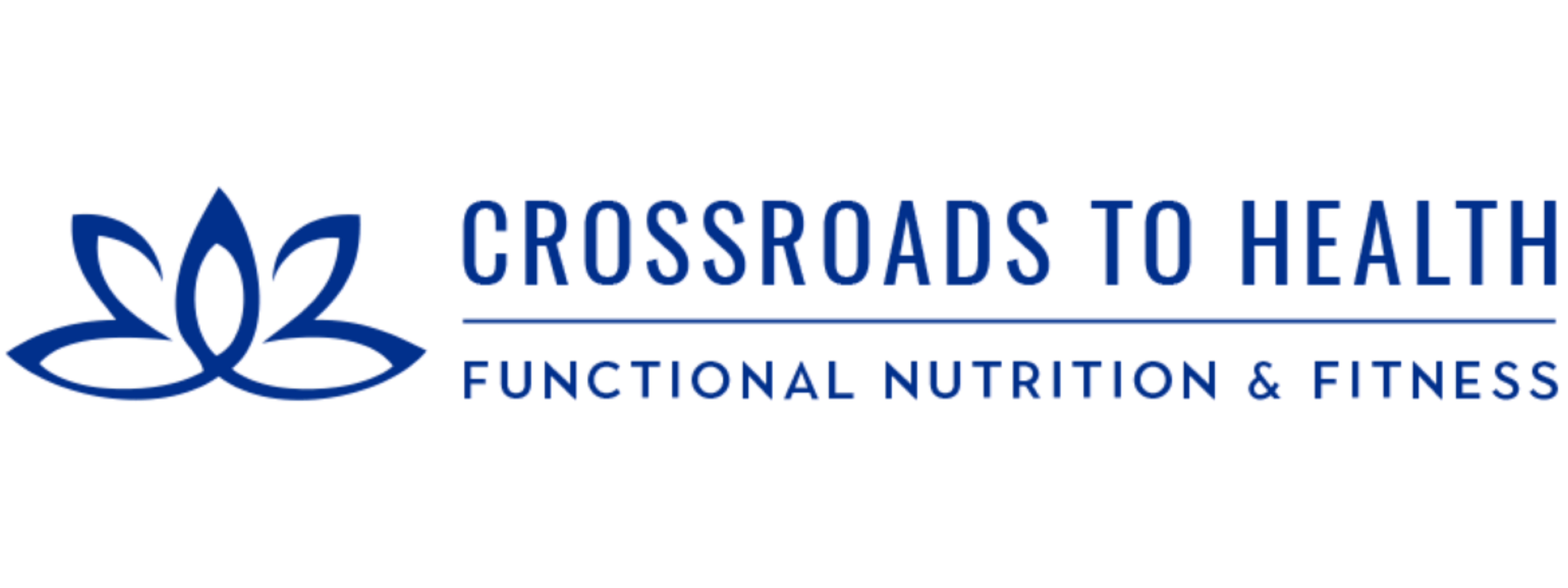The Body Fat-Cancer Connection

While many people associate excess weight with cardiovascular issues like heart disease and high blood pressure, research is now showing the connection between excess weight and an increased risk of 13 types of cancer, including bowel, breast, endometrium, esophagus, gallbladder and more. It is now known that next to smoking, being overweight is the single biggest preventable cause of cancer, according to a 2017 study in the British Journal of Cancer. The research study tracked 43,000 people for over 12 years and found that adding approximately 4 inches to your waistline increases the risk of obesity related malignancies by 13%. Researchers also found adding 3 inches to the hips increased bowel cancer risk by 15%.
Abdominal Obesity
Where you gain excess fat influences the type of cancer you're more likely to develop. Abdominal obesity is most often linked to the risk of cells becoming cancerous. Belly fat consists of two layers: the one directly under the skin which you can pinch is known as subcutaneous fat. The other fat is called visceral fat, which lies below this top layer and is considered the deeper fat and most harmful. It is directly linked to the spread and growth of ovarian and colon cancer.
Obesity Related Inflammation
Obesity is now considered a chronic inflammatory condition. "Chronic inflammation is the most common association linking cancer and body fat," states Adil Akhtar, MD, oncologist. Over time low level inflammation results in the development of unstable compounds called free radicals. They are produced from inflammatory cells and cause DNA damage. You can work to reduce inflammation in your system by eating large amounts of anti-inflammatory foods including leafy greens, salmon, hemp, flax or chia seeds, walnuts, green tea, turmeric and ginger. Balancing your omega 6 to omega 3 ratio will also help reduce inflammation. Too many foods high in omega 6 such as soybean, peanut and safflower oils contribute to high levels of inflammation. Reduce consumption of omega 6 fats and increase omega 3 fats, limit sugar and all processed foods and you'll reduce inflammation in your body.
Aging, Muscle Mass and Hormones
Aging is another risk factor for cancer as we are more likely to develop cancer, especially colon and certain blood cancers as we age. One theory on this is that as we age there is a decline in our immune system which is unable to take out cancer cells early on and ultimately results in more DNA mutations. Sarcopenia which is the loss of muscle mass associated with aging, combined with obesity later in life, is considered a high risk combination. Many adults over age 65 are now being classified as having sarcopenic obesity which highlights the importance of strength training and proper protein consumption as we age. Resistance exercise has been proven to help age related muscle loss and bone density. Hormonal changes also impact cancer risk especially for women. Fat tissue produces excess amounts of estrogen which is associated with increased risks of breast, endometrial and ovarian cancers. Getting regular exercise is very important to reduce cancer risk for postmenopausal women. Research has shown that even if women do not see a reduction on the scale, regular exercise reduces visceral fat.
Additional Support
If you'd like individual support to address your specific needs, start by scheduling a complimentary discovery call. Click here to schedule.

